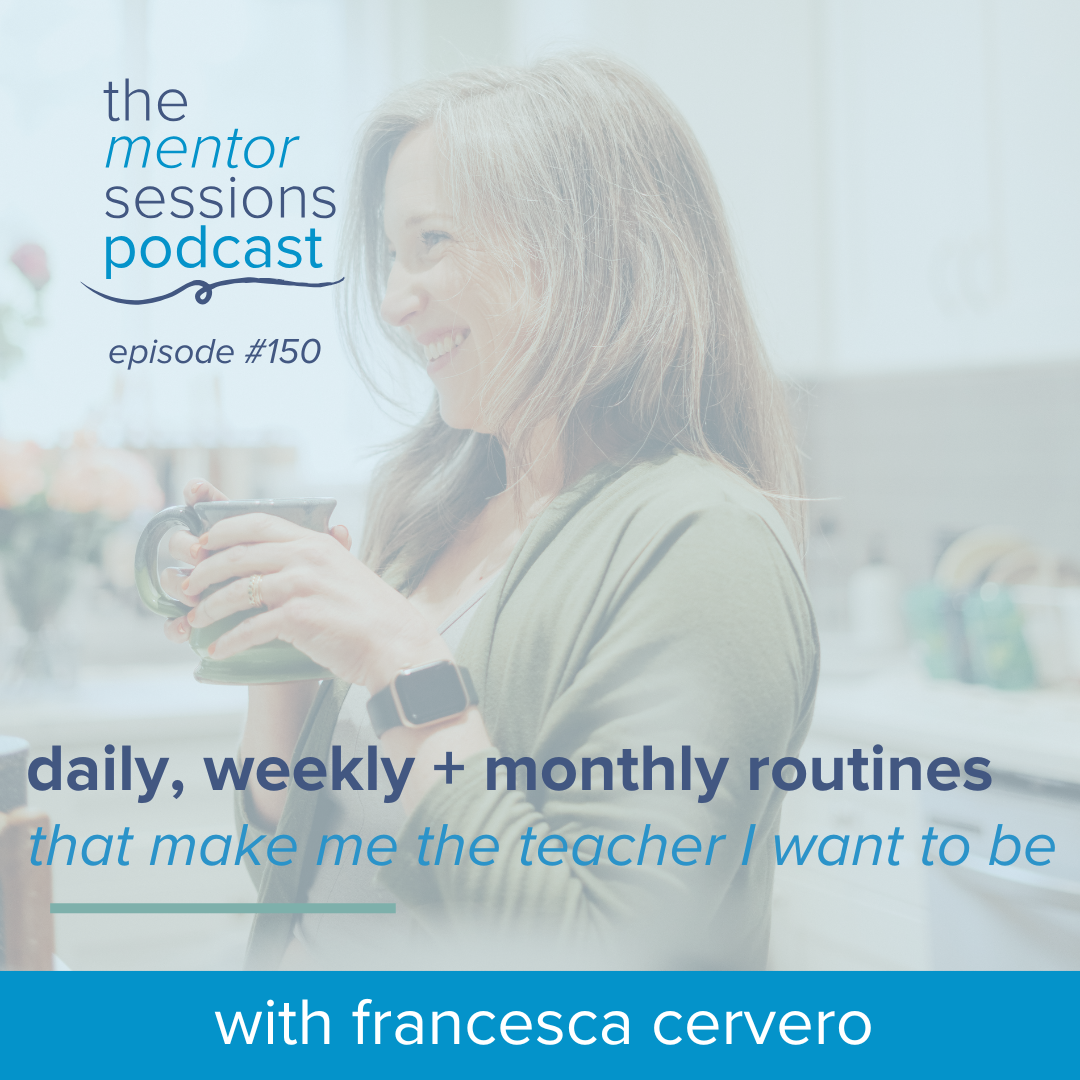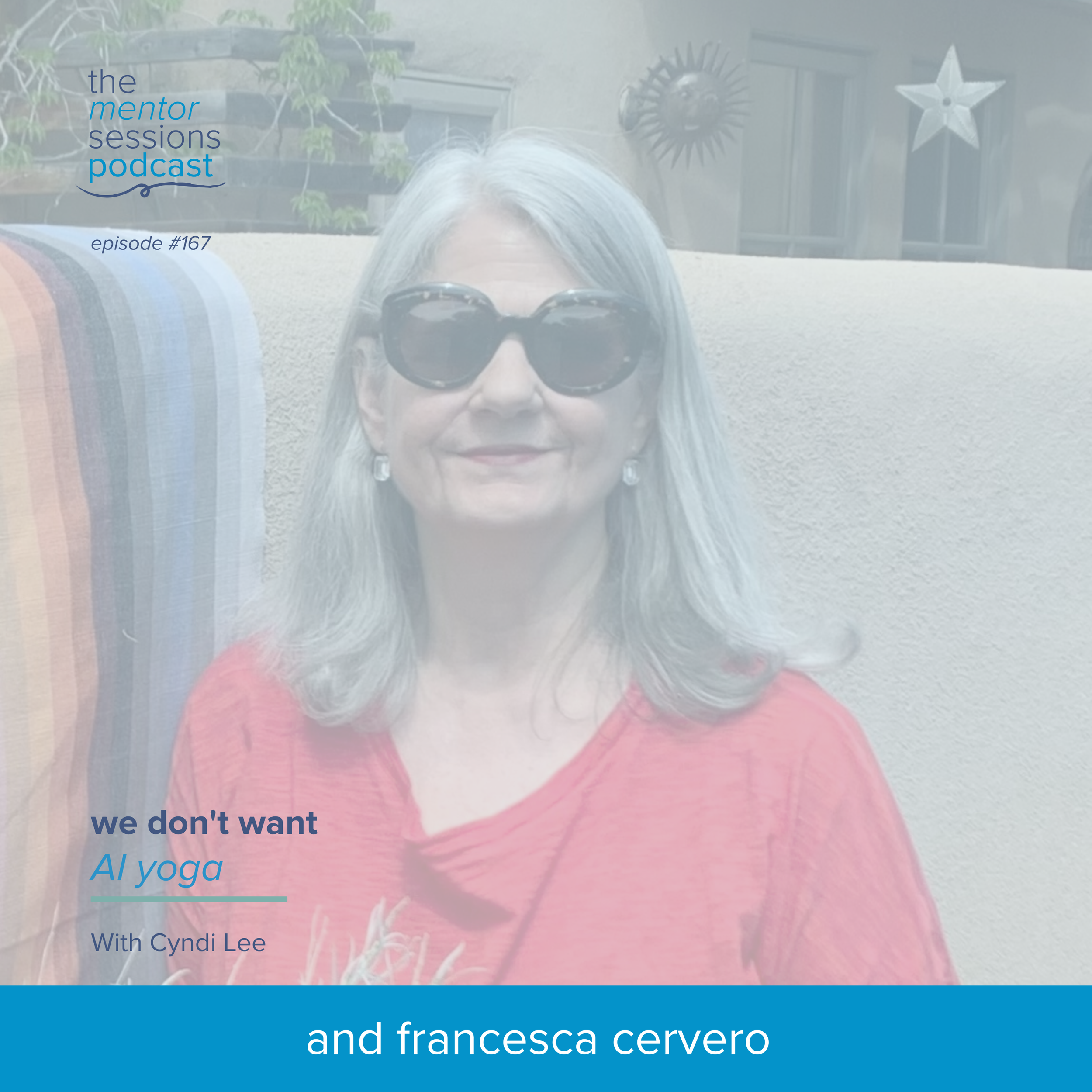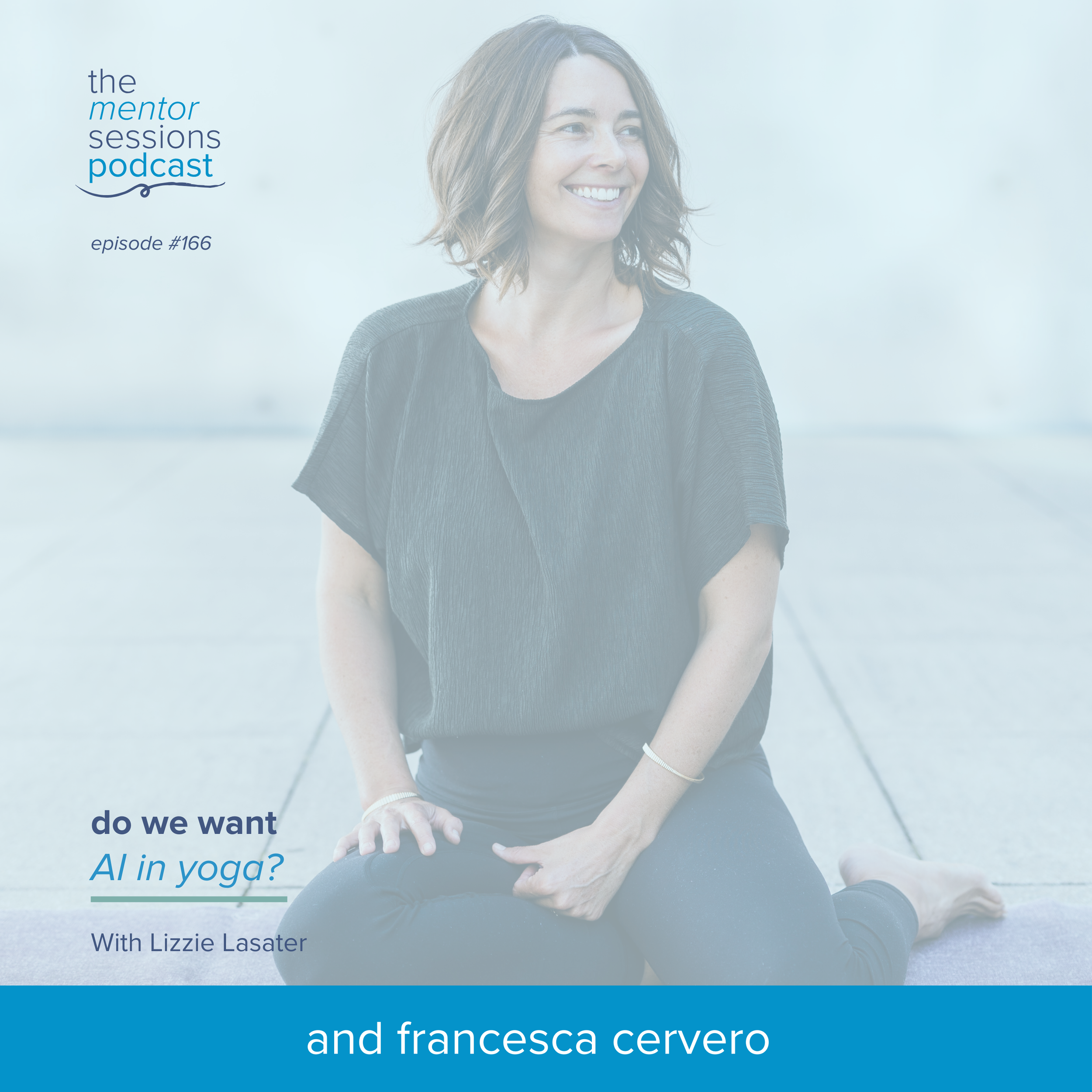150: Daily, Weekly + Monthly Routines That Make Me The Teacher I Want To Be
Being a yoga teacher, heck being a PERSON, is TOUGH right now. But having a job that requires presence and vulnerability and groundedness all the time requires we pour into ourselves so we have something to give.
I LOVE hearing the behind-the-scenes details of people’s lives and routines. And I’m so happy to say that after a pretty stressful few years, I have my self-care routines DIALED IN right now! In today’s episode of the podcast, I am sharing the daily, weekly + monthly routines that make me the teacher I want to be.
It might sound kind of silly, but I treat being a full-time yoga teacher and parent as a high-performance job, and it is WORKING for me!
In this episode you’ll hear:
what I do every month (and day) to keep me connected to my spiritual practice
how I care for my body with weekly routines
the ten things I prioritize every day to keep my nervous system healthy
This episode is brought to you by OfferingTree, an easy-to-use, all-in-one online platform for yoga teachers that provides a personal website, booking, payment, blogging, and many other great features. The best thing about OfferingTree is you can get up and running in 10 minutes with no tech skills needed. As an added bonus, If you sign up at www.offeringtree.com/mentor, you’ll get 50% off your first three months (or 15% off any annual plan)! OfferingTree supports me with each sign-up. I’m proud to be supported by a public benefit company whose mission is to further wellness access and education for everyone.




American yoga teachers have a unique role in fighting fascism. We are deeply practiced in the tools that help us (and our students) feel clear, steady, focused, calm and resilient. And if you read the teachings the way I do, we have a powerful directive to engage in direct social action.
Lovingkindness meditation says, “May All Beings Be Safe And Free” and that is not just a nice idea, but a mandate to work for change. As you can plainly see with your eyes, all beings are not safe. But there is so much we can do! There is incredible work being done and all we have to do is plug into it.